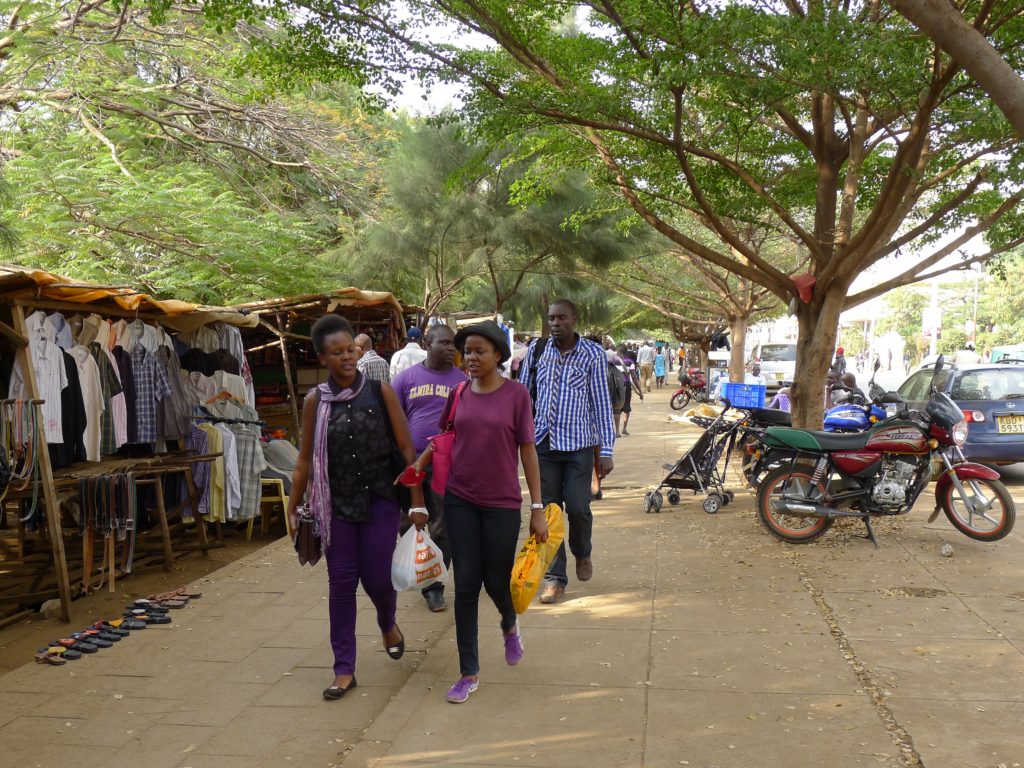To achieve the goals of an NMT strategy, transport budgets must prioritise sustainable transport projects, including footpaths, cycle tracks, cycle sharing, greenways, and public transport.
Reserved NMT Funding
NMT strategies should incorporate specific guidelines on the allocation of transport budgets. For example, local governments should aim to allocate at least 33 per cent of total spending on transport initiatives to infrastructure for NMT projects, including footpaths, cycle tracks, cycle sharing systems, and cycle parking. At the same time, a local authorities should aim to limit capital expenditure on infrastructure for personal motor vehicles, to no more than 33 per cent of total spending. Examples of such projects are: structures like flyovers, grade separators, and footbridges designed for better movement for personal motor vehicles, road widening, parking lots, and mechanised parking.
Parking fees
Parking management is an important source of funding to support improved NMT infrastructure. A successful technique for reducing transportation demand is to develop and “right-size” fees for on-street vehicle parking, while using revenue from the program to fund NMT improvements in the immediate area. This sends an important signal to the parking user by making it obvious to the fee payer where their money is going (pedestrian improvements).
Development Impact Tax
Another approach for raising financial support for NMT is to assess a standard impact fee for new development that is dedicated to improving NMT network in the community. These fees pay for the new or expanded transport facilities or services necessary to support a new development. As an alternative, the developer itself can be expected to construct NMT facilities adjacent to the development, provided that the facilities conform to standards supplied by the local authority.
Corporate sponsorship
Corporate resources for NMT projects are welcome, so long as these programs do not function as platforms to promote the use of private motorised vehicles and market the sale of petroleum products. Corporate social responsibility efforts and program sponsorship may be effective tools, but they should be calibrated to meet local needs.
Urban Transport Funds
To facilitate access to funding of sustainable transport initiatives, local governments can create dedicated urban transport funds (UTF). UTFs can receive funding from parking fees and public transport fares, and can help support transport initiatives such as NMT projects. The ringfencing of funds within the UTF helps to ensure a dedicated funding stream for sustainable transport and ensure that users have a clear sense of how transport revenue is being used.
